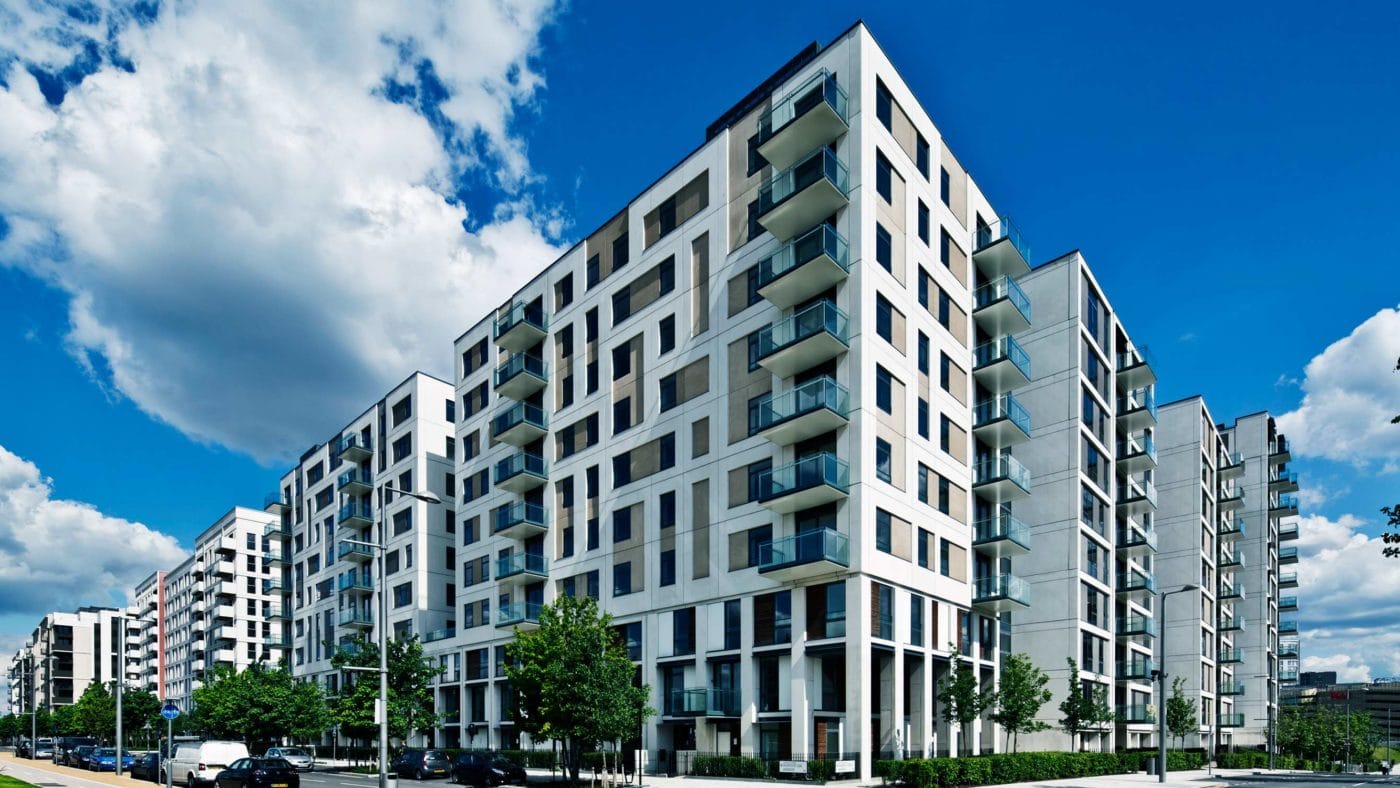Walking through the Olympic Park in Stratford this week you would struggle to see it as anything but the most modern of urban landscapes, its paths adorned with Union Jacks celebrating the ten-year anniversary of the 2012 games, huge selfie frames in front of the Olympic rings and families enjoying the leafy parkland.
But scratch the surface and you’ll see that the legacy of the 2012 Olympics is far less appealing. As Rakib Ehsan noted on these pages recently, an event that was supposed to highlight the diversity and inclusivity of the capital has ended up driving people out of their homes, thanks to soaring rents and bills.
High rents are nothing new in London but the extortionate increases in Stratford’s East Village, the area converted from athlete accommodation to residential apartments, are genuinely outrageous. Though some households have seen rents rise in line with inflation, others have faced rises as high as 24%, and many expect further rent increases over the next year.
Then there are the utilities. East London Energy, who manage the district heating network (DHN) and operate a state-sanctioned monopoly, raised prices by 103% on April 1 of this year – one of the least amusing April Fool’s I’ve experienced. And unlike most tenants and homeowners, we are locked into this rotten deal, unable to shop around for a better supplier (though no one can escape the irresistible march of wholesale prices at the moment).
Even the most parsimonious residents are punished, with residents charged £40 a month just for the privilege of being connected to the network. That’s just under the UK average monthly gas bill before usage charges are added on. Indeed, my last bill was over £80 despite not turning the heating on at all that month.
DHNs are promoted as a way to decarbonise and reduce the cost of energy without the enormous cost involved in renewing national energy infrastructure. However, over the last decade or so, the opposite has happened. As this recent Commons Library Briefing explains, DHNs are not regulated by Ofgem, so are not subject to the (admittedly far from perfect) energy price cap, meaning residents face even more eyewatering bills than the rest of us.
ELE have signed off their price rises with London Legacy Development Corporation (LLDC), a body setup by Boris Johnson when he was Mayor of London to oversee the economic and ‘physical legacy of the games’. However, despite operating across four London boroughs – Newham, Hackney, Tower Hamlets and Waltham Forest – it is not accountable to residents of any of them. Instead LLDC is supposed to report directly to the Mayor of London, who also appoints a board to oversee the corporation but who have little to no power to act.
It’s unclear as to the board’s remit, they don’t have the ability to direct the day-to-day operations of LLDC or intervene on price increases. In fact, one local councillor who sits on the board recently referred to board motions falling into a ‘black hole’ with no action ever being taken by LLDC. It’s operating in an almost god-like fashion, left to get on without any real oversight from Sadiq Khan, who has so far failed to engage on the matter.
It beggars belief that in a market economy a group of bureaucrats can dictate the price of energy to residents without any proper oversight from government or the regulator.
Councillors on all sides have privately voiced their dismay at the lack of support Mr Khan is providing, despite repeated requests for his direct intervention. Those failings aren’t going unnoticed locally either. At May’s local elections Stratford Olympic Park Ward residents elected Newham’s first non-Labour councillors since 2006 – a clear sign that the discontent is not just confined to local Facebook pages which are often swamped with hard-working residents dismayed by almost impending feeling that they will have to move out.
The sense of injustice is driving a campaign of local councillors and residents to unite across the affected borough’s and prevent any further price hikes. The group is now looking at its options on judicial reviews and making a complaint to the Competition and Markets Authority.
Whatever happens, the experience of East Village residents is a salutary lesson for anyone who thinks that simply de-marketising the energy system is a solution to our current woes.
Click here to subscribe to our daily briefing – the best pieces from CapX and across the web.
CapX depends on the generosity of its readers. If you value what we do, please consider making a donation.


